By Hussaini Garba Mohammed, who was in Heidelberg-Germany
In an interview with Sunday Adeola Ajagbe, who was among the 200 young researchers selected to attend this year 11th Heidelberg Laureate Forum (HLF).
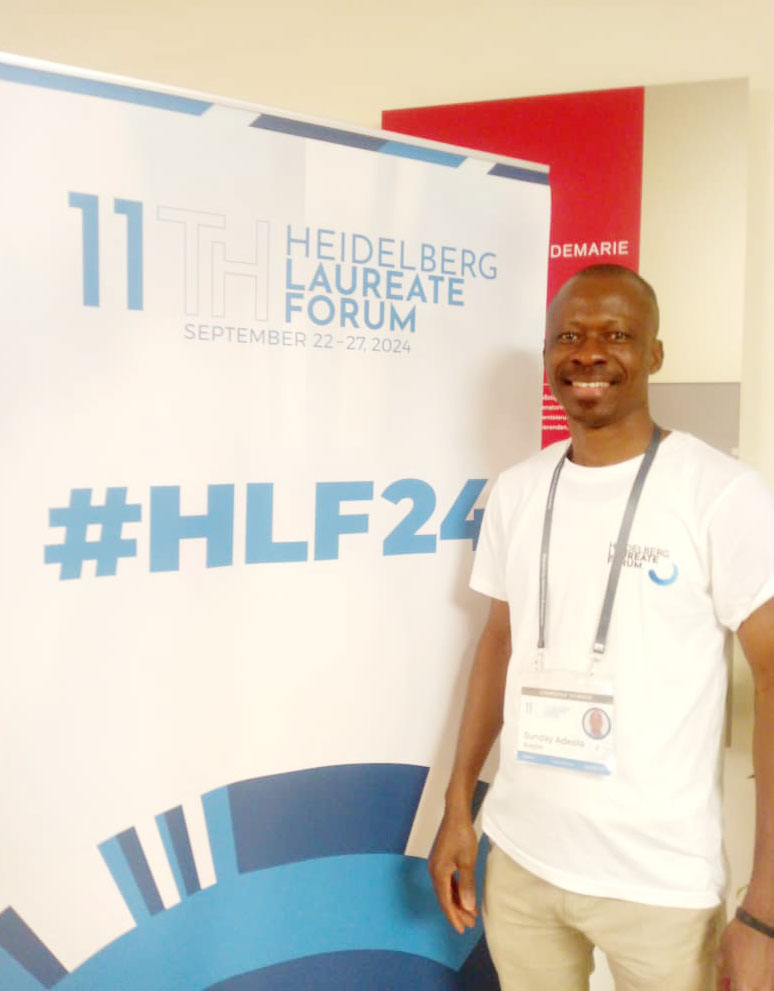
The Heidelberg Laureate Forum (HLF) is a networking conference where 200 carefully selected young researchers across the world gathered yearly on the month of September who are already undergone researchers in the field of mathematics and computer science study, and spend a week interacting with the laureates of the disciplines: recipients of the Abel Prize, ACM A.M. Turing Award, ACM Prize in Computing, Fields Medal, IMU Abacus Medal and Nevanlinna Prize. Established in 2013, the HLF is organized annually by the Heidelberg Laureate Forum Foundation (HLFF).
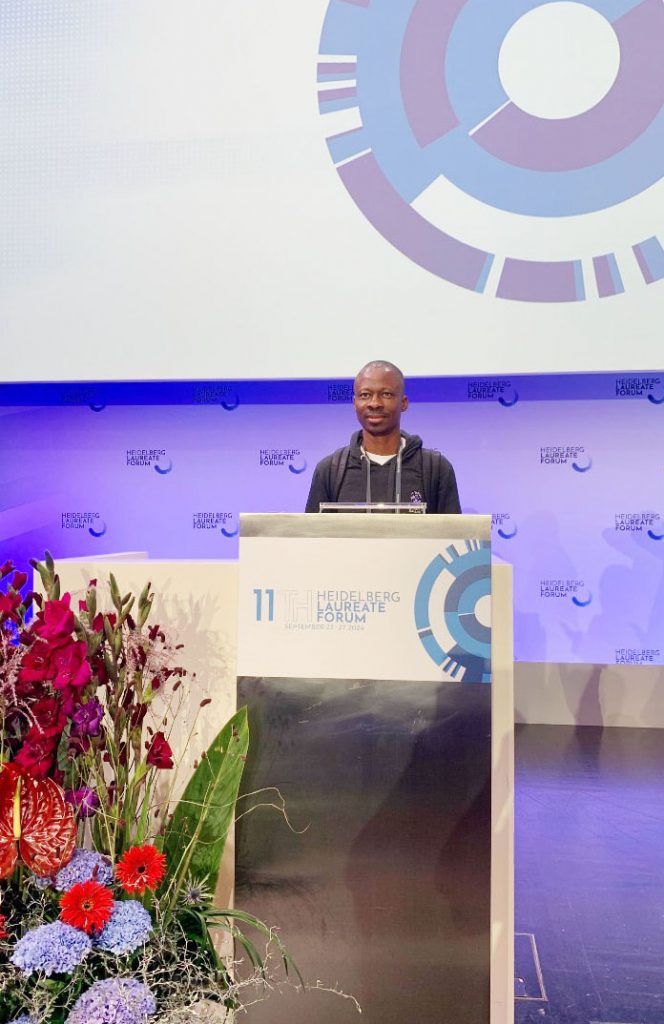
Sunday Adeola Ajagbe at the 11th Heidelberg Laureate Forum took place from September 22 to 27, 2024.
Sunday Adeola Ajagbe, during the interviewed informed this reporter that he has contributed alot into computing research community leading to the publication of different papers with different topics before joining the 11 Heidelberg Laureate Forum this year. Ajagbe has research interest in Machine Learning, Deep Learning, Internet of Things, Artificial Neural Network, Information Security, Natural language Processing among others .
Sunday Adeola Ajagbe, added that he is currently working on two research project. the first one has to do with application of IoT and artificial intelligence in pandemic preparedness and control while the second one focus on development of deep learning model for speech recognition using a novel Yoruba Language dataset (natural language processing)
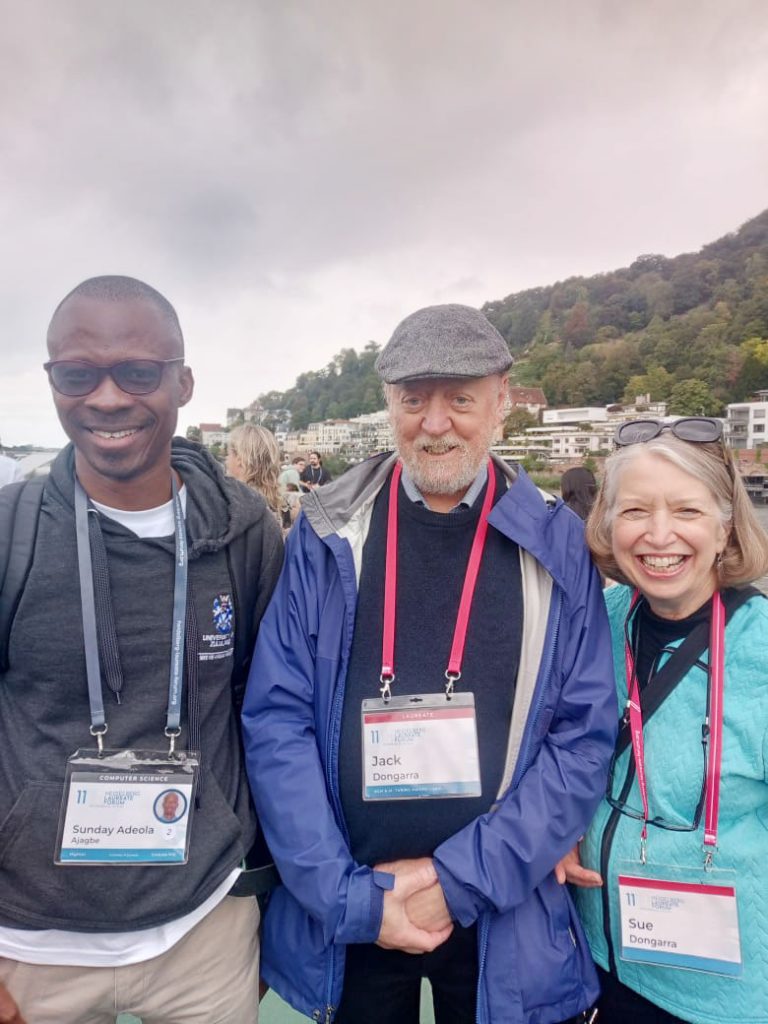
1. Can you please introduce yourself and how you were selected among the young researchers to be at this wonderful event HLF 2024 to us?
My name is Sunday Adeola Ajagbe, a PhD Student of Computer Science, University of Zululand, South Africa and a faculty member in the Faculty Engineering and Technology at Abiola Ajimobi Technical University, Ibadan, Nigeria. I obtained National and Higher National Diplomas in Electrical and Electronics Engineering at The Polytechnic Ibadan, Ibadan, Nigeria. I also obtained Bachelor of Science and Masters of Science Communication Technology and Information Technology respectively at the National Open University of Nigeria (NOUN), and Postgraduate Diploma and Masters of Philosophy in Electronics and Electrical Engineering and Computer Engineering respectively at Ladoke Akintola University of Technology (LAUTECH), Ogbomoso, Oyo State, Nigeria. I was among the 11th awardees of the HLF young research award.
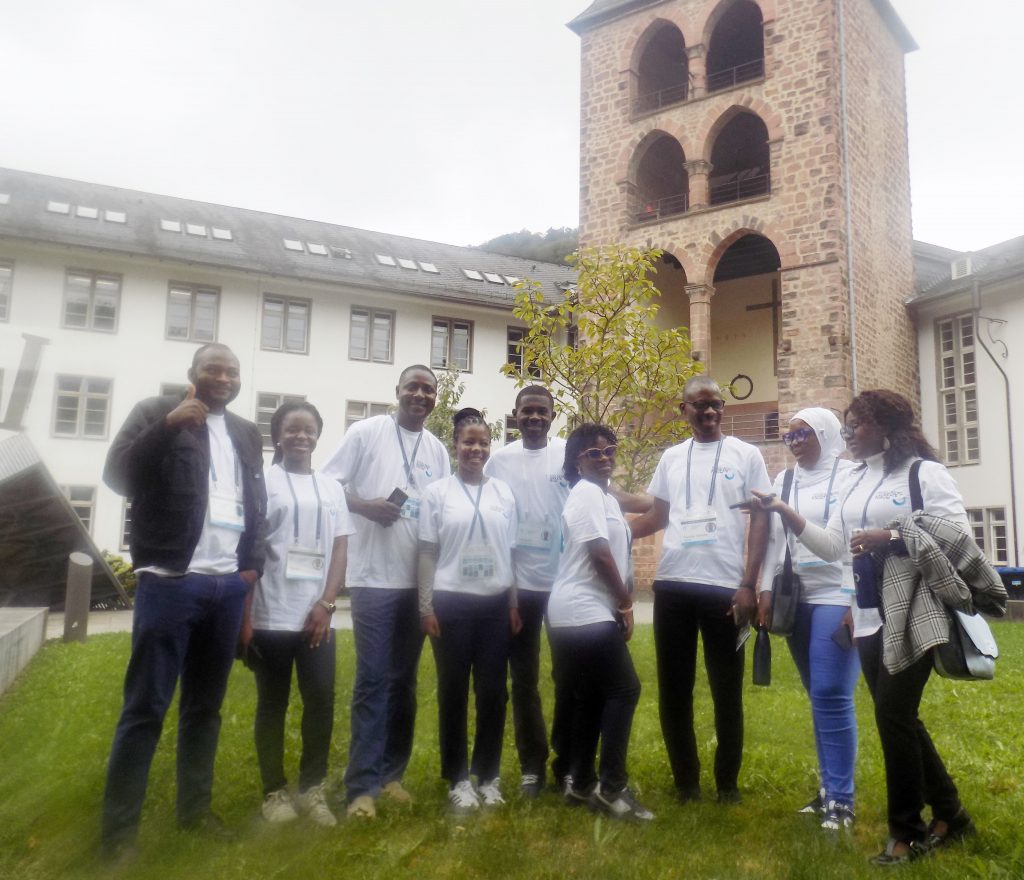
2. What are the benefits of performing research at a younger age?
Benefits of being a young researcher include the opportunity to explore current research trends, visit many places and meet the scholars that know more in the field. What did you not expect?
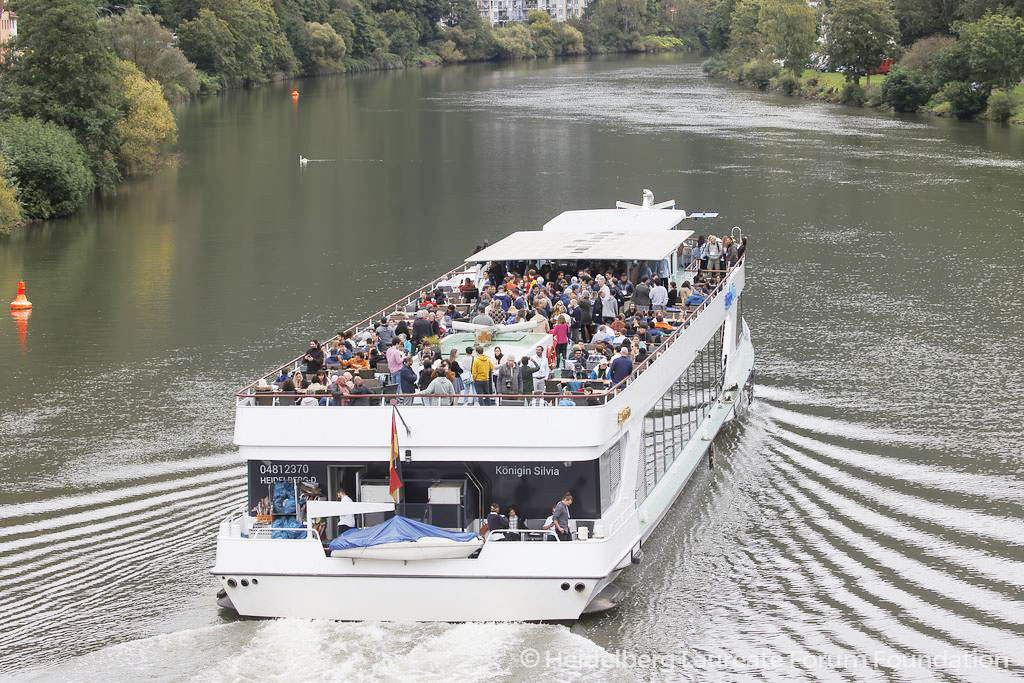
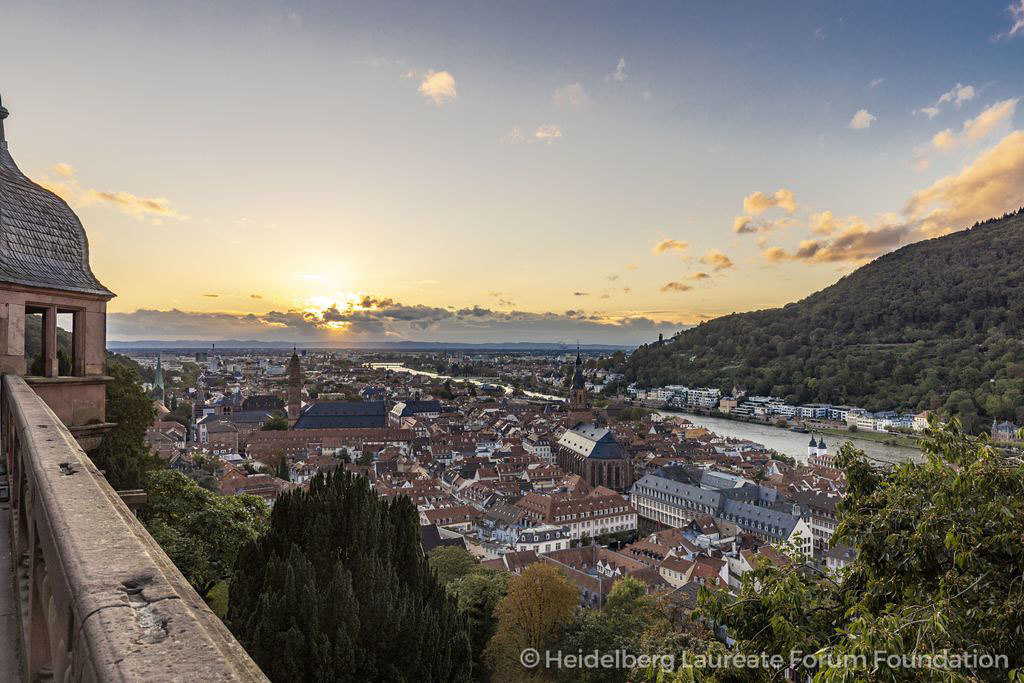
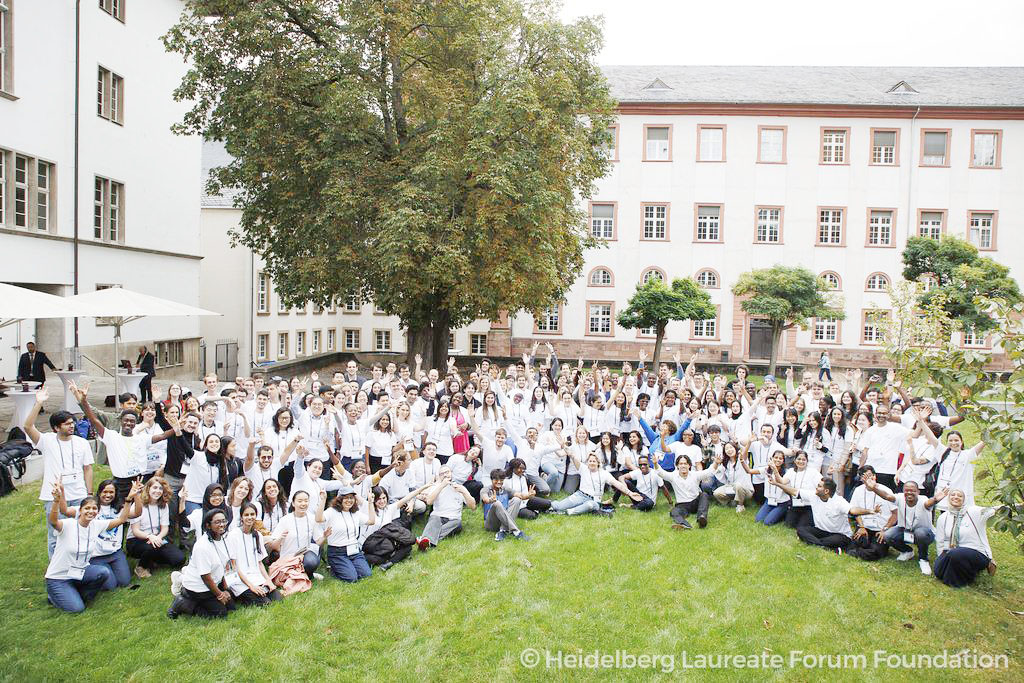
3 How many on-going projects are you working on that will help you to a higher level?
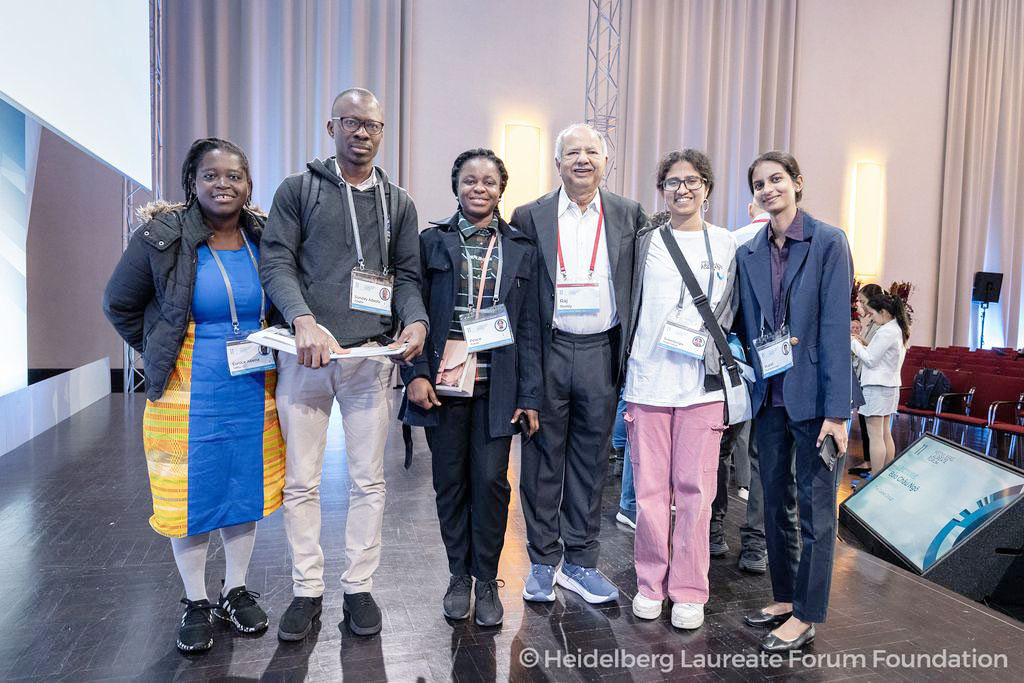
I am currently working on two on-going projects in the area of applied artificial intelligence with respect to natural language processing and pandemic preparedness and control
4. How many countries have you traveled to carry out your research or attended an international conference in in the last 5 years?
I have been to four countries
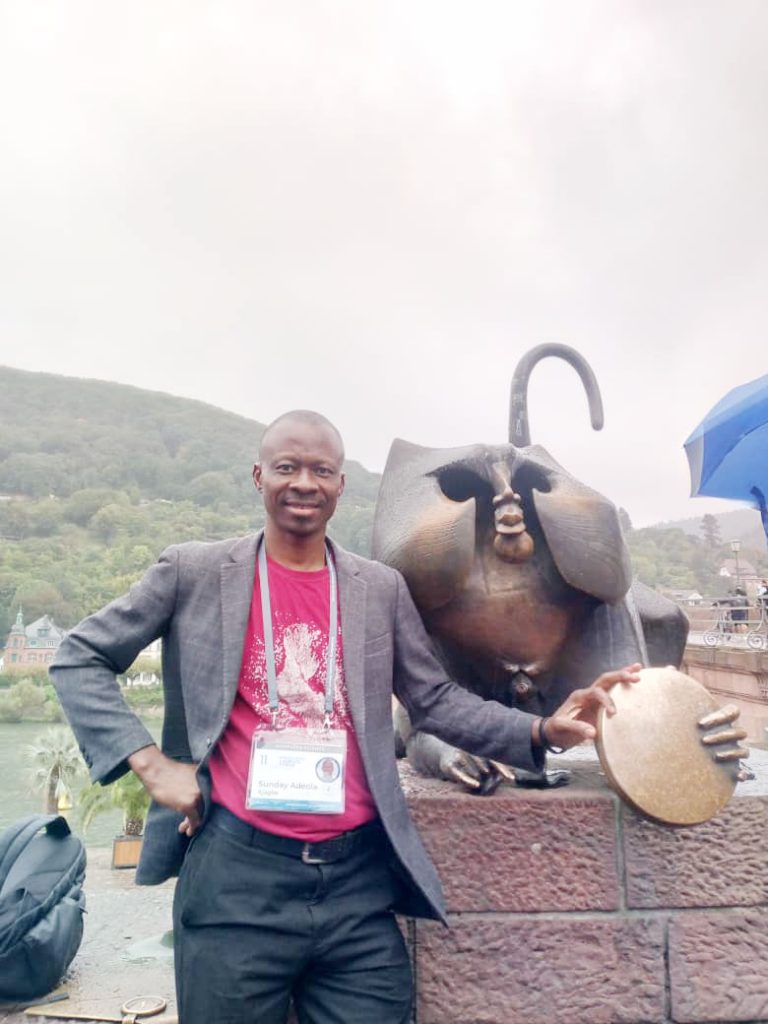
5. Do you have any tips for those who are now thinking about a career in scientific research?
Career in scientific research is an interesting career, providing solutions to human problems; through scientific methods is a fulfilment that young researchers should be yearning for.
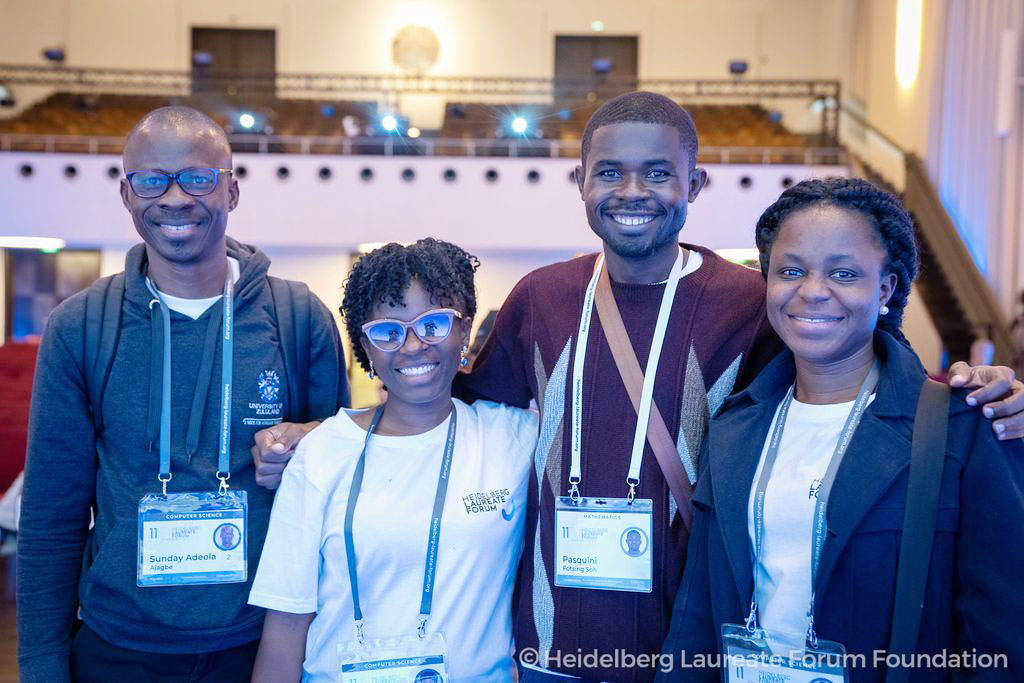
6. How do you become a Science Student, considering that a lot of students in secondary school don’t like maths as a subject, and what advice do you have for Nigerian students who want to be like you?
Nigerian students should believe in themselves not minding the challenges around.